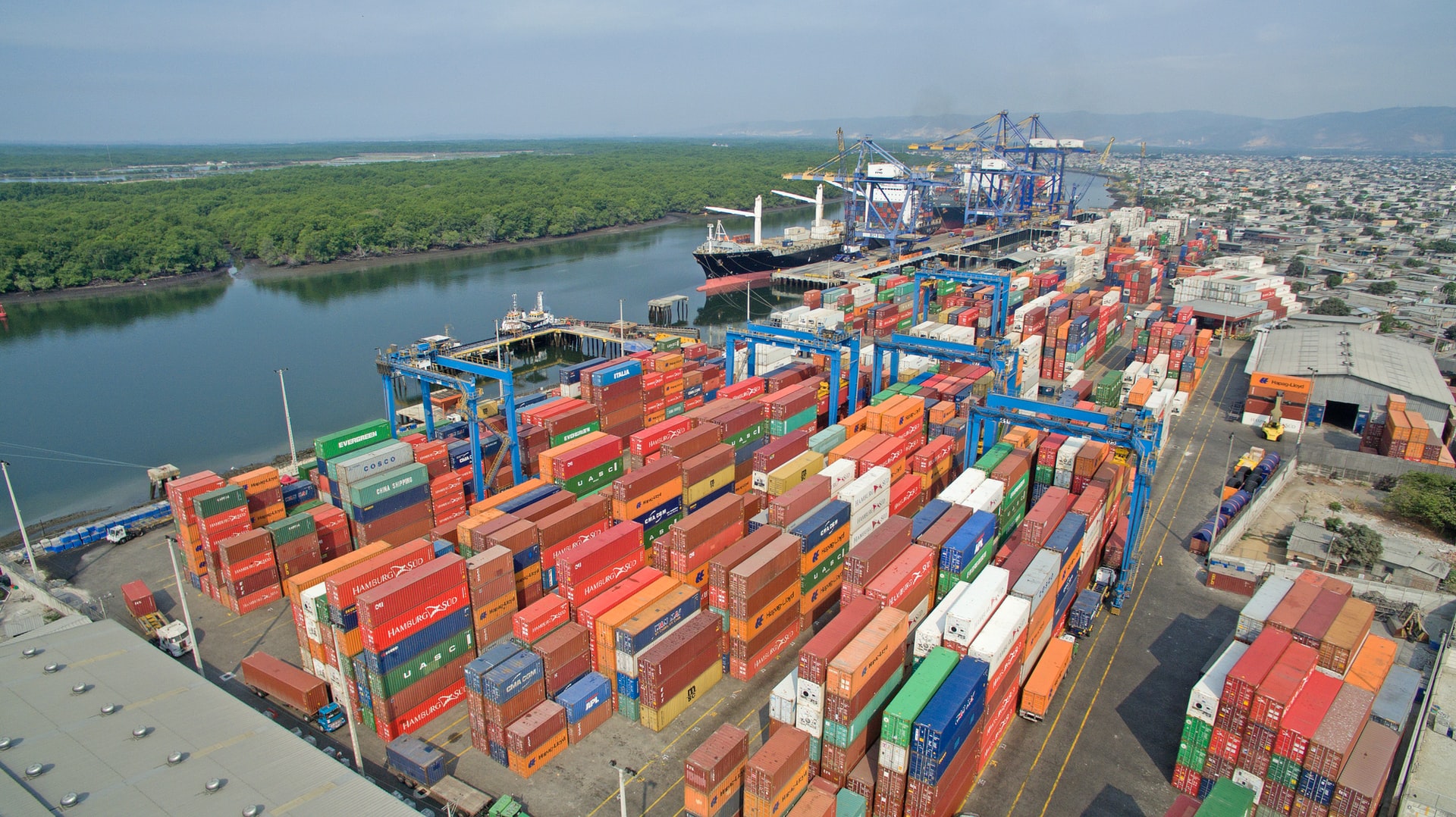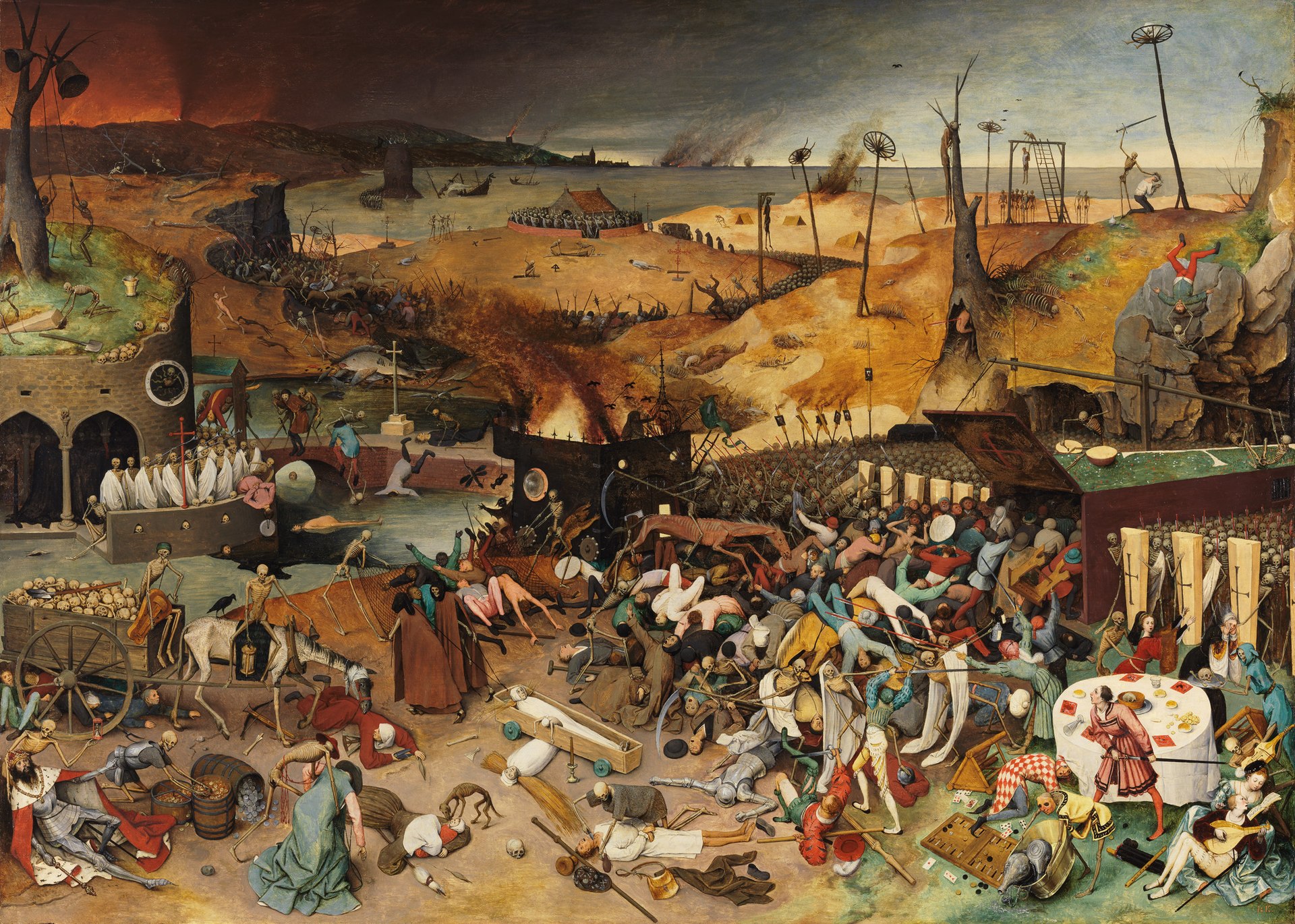The State of World Trade
The state of world trade hangs by a loose thread. Populist sentiments have become mainstream and this trend has greatly impacted foreign investments. It has also led to shrill cries for reshoring of multinationals.
The US-China trade war—a result of such sentiments—has yielded devastating effects on the global economy. And it looks poised to continue one way or another. Even with the inauguration of President Joe Biden’s government, there will be no prompt rolling back of the US’ trade or foreign policy towards China.
If good sense prevails, extreme populism backed ideas have been a major problem in global affairs. The past year was a point of reflection for such regimes and their support bases. While former US President Donald Trump was elected to office on the back of his ‘America First’ rhetoric, the associated policymaking did not quite bode well for the country’s economic interests. In fact, not only did it affect trade between the US and China, it also impacted the majority of the world.
Serious societal divides were struck and in the pandemic’s wake, the wedges in international relations were only driven deeper. Scientific evidence was branded as ‘fake’ and it was probably no more than gut feeling that was steering the world’s foremost economy in the recent past. The pandemic’s course in the US could have very well been a different story had the former administration engaged with China. It would have facilitated better understanding of the virus and counter measures could have been developed faster if precious time wasn’t spent in political mud-slinging.
Engaging in collaborative pursuits for collective gain seems to be lost in the annals of history. In an attempt to restore higher ideals, Horasis is conducting the ‘Horasis Extraordinary Meeting on the United States of America’, on March 18, 2021. There will be global leaders in attendance – spanning stalwarts from politics, business, media, the third sector and academia. They will share insights, deliberate on pressing issues and arrive at actionable solutions to the predicaments at hand.
Trade is Expected to Recover
In its recent estimate, the World Trade Organization (WTO) expects global trade to rebound by 7.2 percent in 2021 – much lesser than its earlier estimates of about 21 percent. This forecast may change if there is yet another surge in COVID-19 cases and if nations resort to further trade protectionism. In a press conference in Geneva, Yi Xiaozhun, Deputy Director-General of WTO, said “one of the greatest risks for the global economy in the aftermath of the pandemic would be a descent into protectionism.”
The Biden administration has already extended the olive branch by restoring communication with China. The US has indicated that they may move towards resolving long standing international issues with China. But a complete rollback of all trade restrictions imposed by the previous administration seems unlikely.
The implementation of the Regional Comprehensive Economic Partnership (RCEP), a trade agreement between 15 Asia-Pacific nations has boosted hopes for global trade. The signing of a collaborative trade pact—at a time when many nations were toeing an isolationist line—was indeed a positive signal. The RCEP will enable its 15 member nations to freely trade in goods, services and intellectual knowledge without restrictions. More such trade agreements are needed to undo ills affecting a battered global economy.
Massive job losses worldwide has meant large reductions in global demand. Some businesses were able to pivot into new products and services, while many succumbed to the pandemic’s impacts. For economic activity to return to 2019 levels, it may well take anywhere between two and five years. The news of large-scale vaccine distribution globally by end 2021 will boost hopes for an economic rebound.
A few vaccines have already been approved. Meanwhile, multiple COVID-19 vaccine initiatives are in the process of development. Once tested and approved, these vaccines will require efficient logistics to reach people located in far flung areas and at a reasonable cost. And this calls for unwavering effort from all countries to ease trade restrictions and ensure speedy delivery of these life-saving medical goods. It is only in everyone’s best interests for countries to adopt a collaborative stance and ensure removal of trade hindrances that impact vaccine distribution, and consequently, its availability.
Demand Needs to Rebound
Multinationals have been caught in the middle of ongoing geopolitical tensions and their impact on trade. Most are now looking at reduced growth. It could well imply further strains on already stressed balance sheets for a host of businesses, all the more so for small businesses.
China has been at the receiving end of this trend. In a July 2019 article by CNBC, over 50 multinationals had announced their move to production sites outside of China. This was a direct consequence of the US imposing high tariffs on imports from the country.
As long as global demand does not pick up, the state of world trade is unlikely to change. Economies worldwide need to put their focus in developing more robust supply chain systems in keeping with the vaccination needs of their populations. Once this is achieved, they will need to develop policies that stimulate growth and steer their economies towards stability and long-term sustainability.
Photo Caption: Cargo in the Port of Guayaquil in Ecuador. Getting the vaccine to reach different parts of the world will require collaborative effort by all economies.



